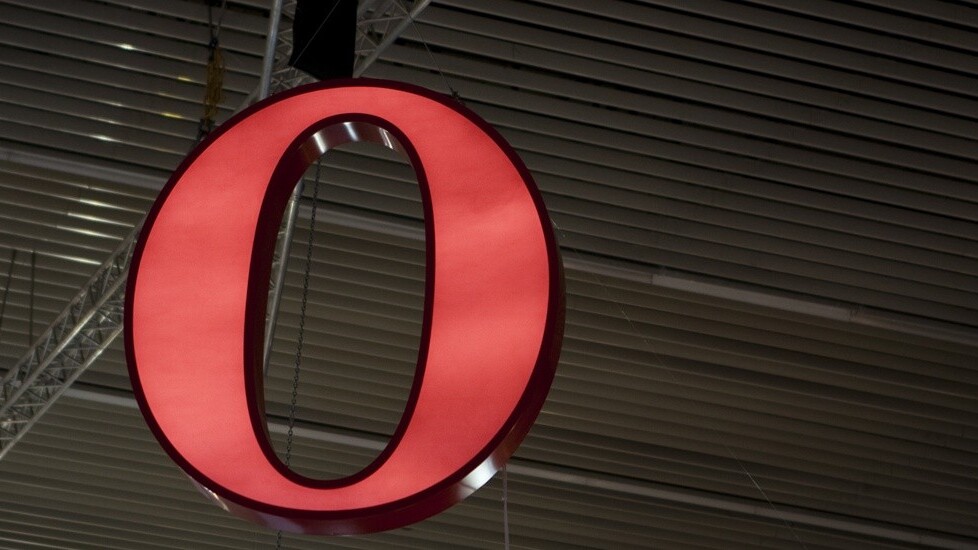
Opera has announced that its range of Web browsers is now being used by 300 million people each month to navigate the Internet across mobile phones, PCs, tablets and more. The Norwegian firm is marking the milestone with the announcement that it will transition its browsers over to the open-sourced WebKit, in a move that will eventually end the development of its own rendering engine.
Mobile remains the area where Opera is seeing the most traction. Spurred by deals with global operators and handset makers, the company announced last month that its Opera Mini and Opera Mobile browsers clocked a record 229 million active users during December 2012.
Mini is the more popular option and is available for almost every mainstream device, including iOS, Android, BlackBerry, Windows Phone and J2ME. It uses Opera’s know-how to provide a data-optimized experience that is particularly popular in emerging markets, where pre-pay subscribers can get more surfing for their money.
The move towards the open-sourced WebKit engine — Opera is also committing to Chromium — will bring further benefits to Opera users across all platforms. In adopting it, Opera removes the need to continue the development of its own rendering engine, which frees up resources to develop new features and build new products.
“Now that we are using off-the-shelf components [like Webkit], it makes sense for our engineers to focus on what’s valuable rather than building something in parallel. We feel that we can swap the engines behind our browsers quite easily, which will enable us to build even better products for our 300 million users,” Opera CTO Hakon Wium Lie told TNW.
Wium Lie points out that the average user is not likely to notice the change that a new engine brings, but there will be a difference. Aside from allowing Opera to focus on innovation, the switch will “ease the burden of testing” for Web developers since there is greater compatibility between WebKit-based products. That means users will get more speed, and fewer issues navigating the Web.
Opera has considered making the switch to WebKit — which was ironically developed in Oslo, where Opera is based — in the past, but Wium Lie says that it is jumping aboard at the right time, as “the industry moves to make it the de facto Web rendering engine”.
WebKit already powers Google Chrome — which StatCounter suggests is the Web’s most used desktop browser — and Apple’s Safari. It has the largest reach of any engine, accounting for around 40 percent of all market share.
Opera has begun contributing patches to the WebKit and Chromium communities, and Wium Lie is looking forward to more. That view is echoed by Lars Knoll, a pioneer of WebKit’s early development, who told TNW that the company is a very welcome addition to a community that already includes Google, Apple and BlackBerry.
“We already have contributors from across the Web community and are excited and looking forward to starting the collaboration with Opera. The company has a lot to give, it has a tremendous amount of experience in this space,” said Knoll, who heads up development of the Qt Project, the developer framework that software-maker and WebKit-contributor Digia acquired from Nokia last year.
Opera showed off the potential of WebKit when it demoed ‘Ice’, an early-stage full-touch browser it is developing for tablets, last month. The company teases that it is also using the rendering engine in “several research and development projects”, one of which is an Android browser that will be on show at Mobile World Congress this month.
There’s something fittingly poignant about the coming together of Opera and WebKit, since both trace their origins back to Oslo.
While an early-stage Opera Software was developing its Presto engine in an old factory in the city, Trolltech — Knoll’s former company, now owned by Nokia — was just two floors down, working on KHTML, the precursor to WebKit. Now the two are united.
Get the TNW newsletter
Get the most important tech news in your inbox each week.





